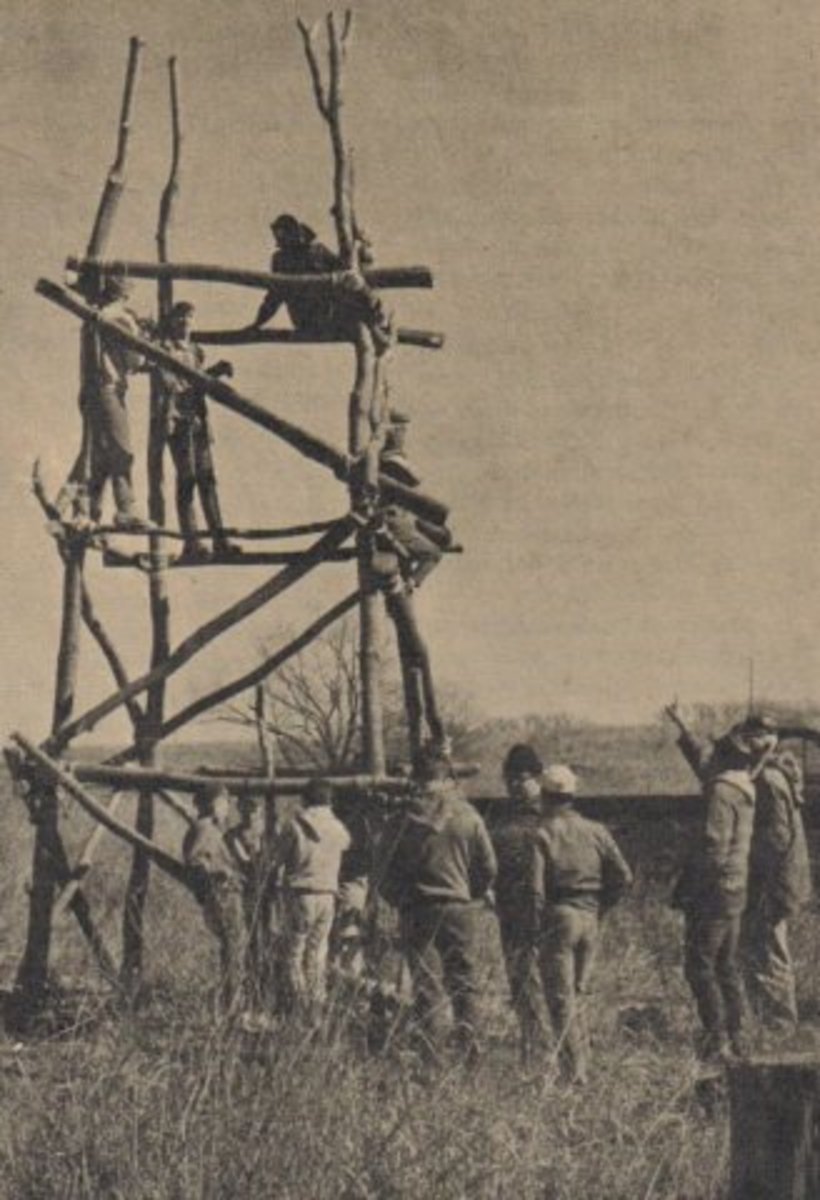Boy Scouts Have It Right: Be Prepared
Norwalk's Daily Newspaper

Boy Scouts Motto: Be Prepared

A recent Hour editorial (Jan. 22, 1999) tossed a brickbat at the Norwalk Department of Public Works for its failure to react quickly to the black ice that coated city streets earlier that week, resulting in a rash of fender benders.
I don't always agree with Hour editorials -- it's not something the editorial board requires of employees -- but in this case John P. Reilly, the Hour's executive editor, who pens most of the paper's editorial views, hit the nail right on the head, as they say.
Commuter Nightmare
The editorial points out that it wouldn't take a rocket scientist to understand that the runoff from recent heavy rains and falling temperatures would make a nightmare of the morning commute.
More importantly, it questioned, "Shouldn't the DPW have some sort of monitoring schedule...?"
Even DPW Director F. William Grumman, I'm sure, would agree. He ran the DPW in the '70s when I covered city hall and city politics for The Hour. I always found him to be competent and a good administrator, so my comments are directed not at him, but, rather, at the system.
The editorial brings up a much larger issue: Why do government agencies -- city, state and federal -- invariably, and inevitably, wait until it's too late before taking action?
Usual Bureaucratic Response
The usual bureaucratic response is: "We acted quickly upon learning the facts, and we are undertaking an investigation into the cause. A committee has (or will be) set up to see that this unfortunate incident never happens again."
This response always works like a charm. It absolves all the bureaucrats of blame, and the subject is promptly forgotten by everyone. On rare occasions, a committee report is indeed issued, but, even then, new procedures or appropriate legislation seldom follow.
The Real Question
The real problem in these situations is that the bureaucrats can't be faulted for undesirable outcomes when there is no preventive procedure in place. The real question is: Why not?
Maybe it's because governments have a plethora of departments to handle major responsibilities, but few people in those departments have the time to anticipate problems.
In Norwalk, for instance, commissions, departments and agencies exist under the city charter to take care of public works, recreation, health, planning, zoning, welfare, tax collection, etc. The commissioners and administrators handle the day-to-day routine, and, generally, they do a pretty decent job -- often for little or no pay.
Thinking Ahead?
But who among them has the time to think ahead?
The department heads have to do some thinking ahead when they put together their annual budget requests, and the planning commission probably comes closest to forecasting the future when it chews over the capital budget and its "master plan."
Myriad Potential Problems
But, in truth, few bureaucrats have the time to give serious consideration to the myriad potential problems that any city, state or nation face.
The amount and quality of thought put forward relating to the prevention of problems, however, has a proportional effect on how hard people are hit by "unexpected" disasters.
It seems to me that government at every level should create a panel to talk about potential problems.
I wrote this column as a "My View" for The Hour newspaper of Norwalk, Conn., on Feb. 4, 1999. I now write my views on a wide variety of topics on HubPages.







